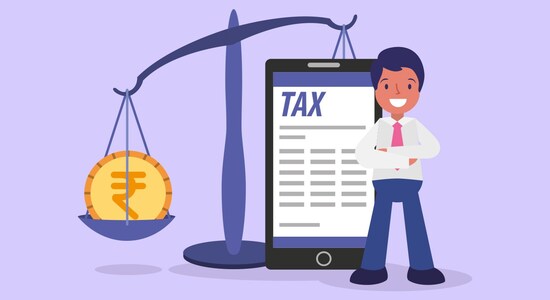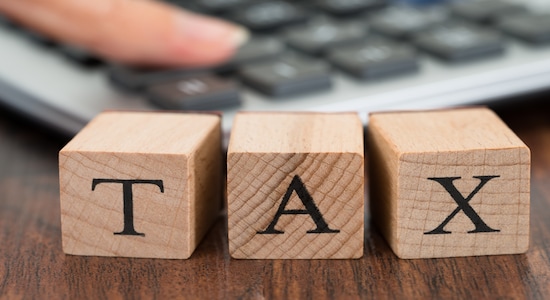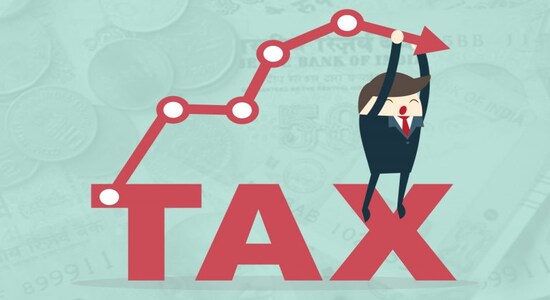
 1 / 7
1 / 7Amit Maheshwari, tax partner at tax consulting firm AKM Global, said, "This is a big development and will surely put a lot of uncertainty to rest. However, shouldn’t have taken 9 years. Even though India has been dragging its feet all these years, it does not come as a surprise since India suffered a series of setbacks in international arbitration on this issue. Interestingly the government will not pay any interest on refund dues and other costs which themselves would run into hundreds of millions of dollars in some high-profile cases. One has to see how would the taxpayers view this."

 2 / 7
2 / 7Ved Jain, past president of ICAI, said, "The Taxation Laws (Amendment ) Bill, 2021 introduced by FM today in the Lok Sabha is about withdrawing retrospective amendment made in 2012 of taxing capital gains arising from indirect transfer of assets located in India. This will settle the issue of arbitration as under the Indian Income Tax Act itself no tax will be leviable on such capital gains up to 28th May 2012 when this amendment came into force. The full amount of tax will have to be refunded but without interest as a specific provision inserted of no interest on such refund under section 244A. Demand created before 28th May 2012 will be nullified in 17 cases including 2 cases where there is a stay. Undertaking to be furnished by these entities that no claim, damages, interest, etc shall be filed."

 3 / 7
3 / 7Rohinton Sidhwa, Partner, Deloitte India, said, "The objective of the amendment is to make the indirect transfer provision apply prospectively ie from May 2012 when they were introduced into the law. Consequently, all existing and future retrospective tax demands are sought to be nullified on this matter. Taxpayers who were impacted will need to withdraw proceedings in a court or arbitration forums. Any amounts collected will be paid back in full by the tax authorities (without interest).

 4 / 7
4 / 7Amrish Shah, Partner, Deloitte India, said, "The withdrawal of the retrospective amendment relating to tax on indirect transfers is a welcome step and would reignite the choice of India as a favourable investment destination coupled with the low tax rates. For the ones under dispute, the government has provided to settle them without levying any tax besides refunding any tax collected. One of the key bogeys for foreign investment was the sudden retrospective tax levy on indirect transfers - with its removal, India is bound to be more favoured by foreign players as the tax rates are also quite attractive."

 5 / 7
5 / 7Amit Singhania, Partner, Shardul Amarchand Mangaldas & Co, said, "The ordinance introduced by the government is a welcome step in resolving the pending disputes at various forums including an international forum. With the introduction of taxation of indirect transfers with retrospective effect in 2012, the tax department reopened the assessment in few cases citing the said retrospective amendments. The said cases had been pending in different high courts and in some cases in arbitration. Now with this Ordinance, the tax department will not treat the said assesses as in default provided the pending litigation is withdrawn. This effectively resolves the dispute."

 6 / 7
6 / 7Abhay Sharma, Partner, Shardul Amarchand Mangaldas & Co, said, The government has extended the olive branch as it seeks to bring an end to ongoing disputes which have resulted in overseas courts ordering a freeze of Indian assets. The taxpayer would be required to submit an undertaking waiving his right to pursue a claim in India or abroad in order to take the benefit of the revised section. It's a welcome move albeit a bit late in the day."

 7 / 7
7 / 7Kumarmanglam Vijay, Partner, J Sagar Associates, said, "Government has decided not to raise any tax demand arising from indirect transfer of assets in India prior to May 28, 2012, when Finance Bill 2012 received presidential assent. Any existing demands are also proposed to be nullified subject to a withdrawal of pending litigation and the taxpayer agreeing to forego interest, costs and damages. Refunds too shall be handed out without interest. This is indeed a very pragmatic step by the government and should help it contain the widespread litigation in cases similar to Vodafone and Cairn. A worthy battle to lose."

